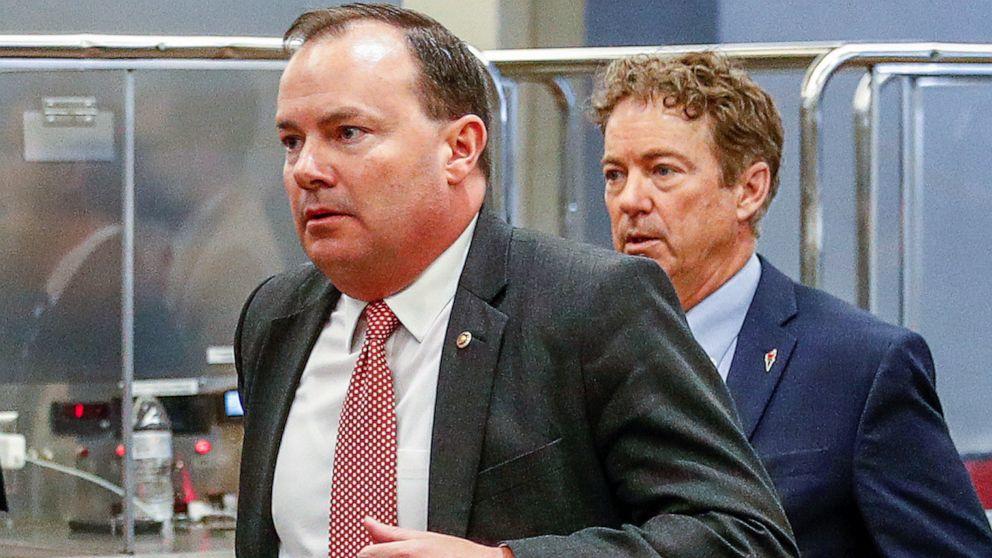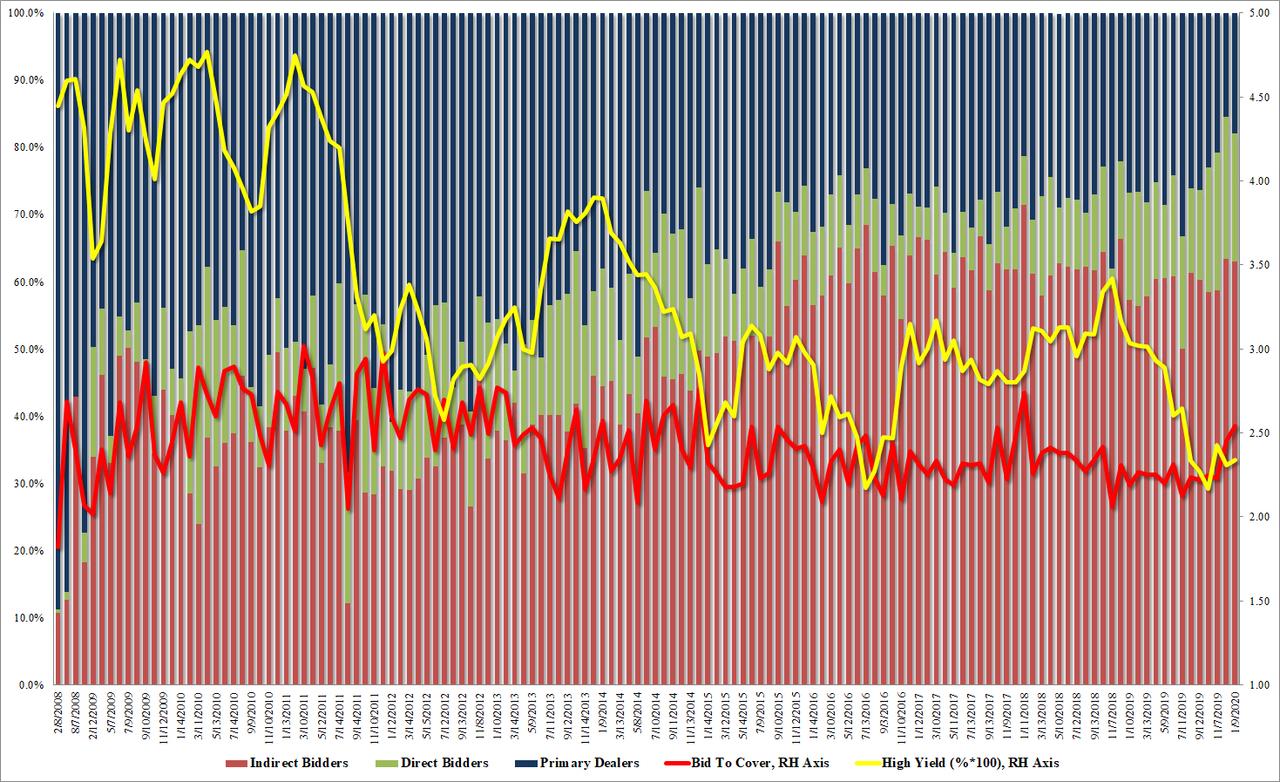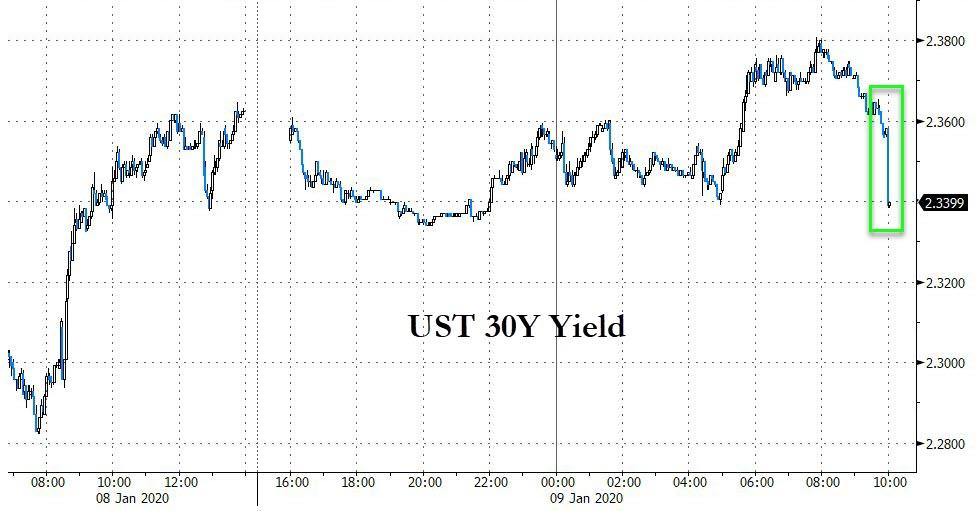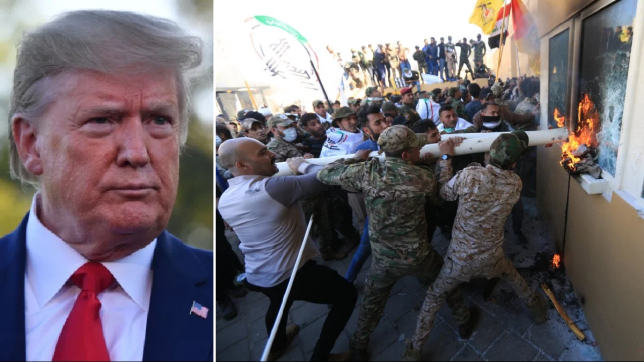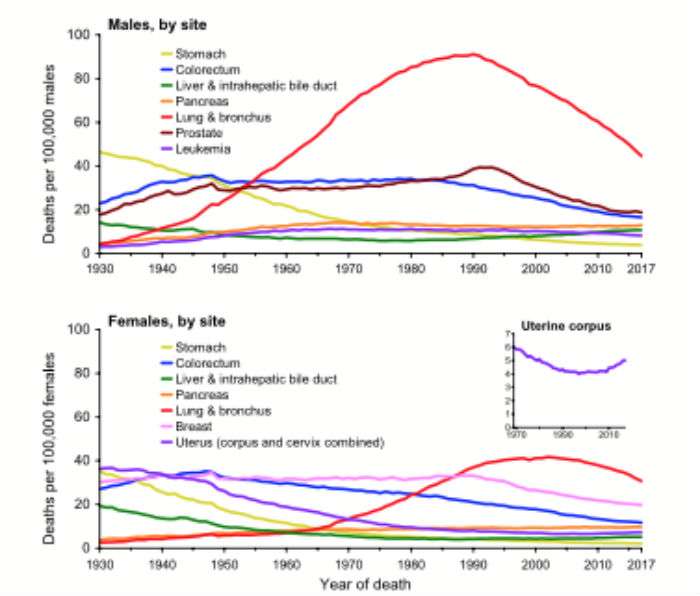You could almost see the flushed glow of nostalgia rising in the cheeks of Nikki Haley Monday night when the former U.S. ambassador to the United Nations snarled to Sean Hannity that the “only ones that are mourning the loss of [Qassem] Soleimani are our Democrat leadership, and our Democrat presidential candidates.”
But as Haley and other hawks—such as Sen. Lindsey Graham (R–S.C.) and Sen. Marco Rubio (R–Fla.)—are already discovering, it ain’t 2004 anymore.
“Despite Haley’s claims,” countered Mike Brest in the Washington Examiner, a conservative publication, “2020 Democratic front-runners former Vice President Joe Biden, former South Bend, Indiana, Mayor Pete Buttigieg, and Massachusetts Sen. Elizabeth Warren all labeled Soleimani a murderer, but they also questioned Trump’s larger Middle East strategy.”
“Even Haley’s expanded definition of ‘mourning’—in which she claims Democrats are arguing the world would be better with Suleimani still in it—strikes us as unfair,” judged factchecker Declan Garvey at The Dispatch, another conservative publication.
Yet the “mourning” crack apparently didn’t go far enough for the Democrat-batiting Rep. Doug Collins (R–Ga.). Echoing the disreputable they’re not antiwar, they’re on the other side discourse surrounding the Iraq War, Collins asserted to #MAGAtastic Fox Business Network host Lou Dobbs Wednesday that Democrats are “in love with terrorists….They mourn Soleimani more than they mourn our Gold Star families who are the ones who suffered under Soleimani.”
Rubio has also been peddling crude Manichaeism in place of persuasive argumentation:
To which one of the living exceptions to Rubio’s bogus rule, Sen. Mike Lee (R–Utah), tartly responded: “I literally find it difficult to imagine how my friend Marco, who is smart, who listens carefully, who cares about these things, how he could emerge from that meeting at say that it was good. It was terrible. It was an unmitigated disaster.”
In the three years after 9/11, Republicans discovered that they could preempt policy debate by saying variations of George W. Bush’s September 20, 2001, formulation: “Either you are with us, or you are with the terrorists.” Behind that blocking, they rushed through a series of heavy-handed initiatives many Americans would come to regret and oppose: the Iraq War, mass warrantless surveillance, torture.
But public opinion has long been upside-down on whatever the U.S. missions are in Afghanistan and Iraq. And after the instability-sowing, Iran-enhancing debacle of Barack Obama’s intervention against Libyan ruler Mohammar Gaddafi, the worm decisively turned against military intervention in Syria.
“This will not be Iraq, this will not be Afghanistan, this will not be Libya,” then-U.N. Ambassador Samantha Power tried gamely to insist while rallying the progressive troops to back a Syrian operation. But by then, interventionist promises had lost a lot of their potency.
Candidate Donald Trump capitalized on the vast gap between Beltway interventionists and the considerably less gung-ho population at large by campaigning in the long-submerged Jacksonian tradition of American foreign policy—irritably nationalist, dismissive of international institutions and mores, ready to rain hell (or at least threaten to) on anyone who messes with Washington, yet also contemptuous of nation-building and regime-change wars. His victory scrambled American politics, and it buttressed those withered Jacksonian poles under the GOP’s big tent, which makes this week’s atavistic chest-thumping that much more ineffective.
In 2004, so strong was the neoconservative pull on both the Grand Old Party and the country writ large that the Republican National Convention could import Democrats to deliver the warmongeriest speeches. Triumphant ideological scribblers dreamed of becoming a “majority party for the next few decades” by embracing the “death of small-government conservatism.” Those Republican war skeptics who did pipe up were marginalized in the pages of National Review as “unpatriotic conservatives.” It was enough to start and finish any foreign policy argument by selectively quoting George Orwell’s famous quip that “Pacifism is objectively pro-Fascist”—a line, written in besieged 1942 London, that Orwell himself later repudiated.
Well, that rhetorical dog no longer hunts. It’s not just the anti-Trumpers at MSNBC sounding the alarm at Trump’s Iranian policy. It’s one of the most popular and influential Fox News hosts: Tucker Carlson, whose program Tuesday reached a staggering 5.6 million viewers.
“It’s harder to get rich and powerful in Washington during peacetime, so our leaders have a built-in bias for war,” Carlson said. “And so they descended on television studios over the weekend to describe in detail the kind of violence they’re prepared to wreak on a country very few of them know anything about.”
For years, observers have been pointing out foreign policy parallels between Trump and former Old Right presidential candidate Pat Buchanan, one of the aforementioned allegedly “unpatriotic” conservatives. So where’s Pitchfork Pat on the Soleimani strike? “Killing Soleimani was just,” he wrote this week. “But what is just is not always wise.” More:
Oddly, what the America-haters of the Middle East seek is what Soleimani wanted, and what Trump promised in his campaign of 2016—an end to U.S. involvement in the forever wars of the Middle East.
Perhaps, rather than sending troops into Iraq and Kuwait to defend U.S. troops already there, we should accede to the local nationalist demands, start bringing our troops home, and let Iranians, Iraqis, Libyans, Syrians, Yemenis and Afghans settle their quarrels.
At The American Conservative, which Buchanan co-founded in 2002 in part to agitiate against the pending Iraq War, founding editor Scott McConnell went so far as to declare the Iran action casus belli to regret his previous support for Trump.
“He has hired to key positions Beltway types who had nothing but contempt for him, and they have led him down well worn paths. One of those paths leads to a major war with Iran, an obsessively pursued project of the neoconservatives since long before 9/11,” McConnell concluded. “It’s now hard to see how a Hillary Clinton presidency could have turned out worse.”
Regardless of what one thinks of Trump, or Hillary Clinton, or U.S. policy toward Iran, it is a cheering development that disreputable interventionist demagoguery is losing steam. “I think it’s sad when people have this fake sort of drape of patriotism, and anybody that disagrees with them is not a patriot,” Sen. Rand Paul (R–Ky.) said Wednesday. Hopefully there will come a day soon when this weariness at playground political rhetoric translates into a restoration of Congress’ long-squandered responsibility for deciding when and where America goes to war.

from Latest – Reason.com https://ift.tt/2utSKoY
via IFTTT

